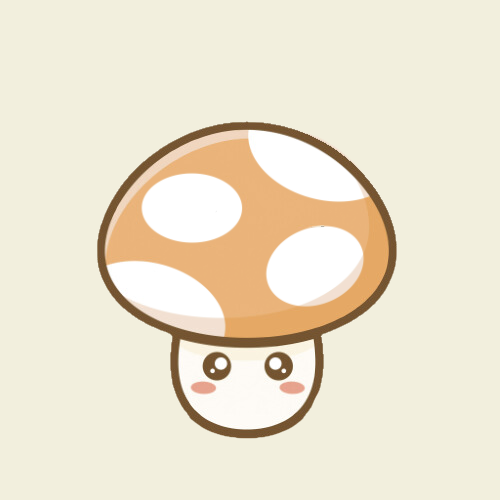Composting is a fantastic way to recycle organic waste, enrich your garden soil, and reduce your environmental footprint. While many people are familiar with composting kitchen scraps, leaves, and grass clippings, fewer know about the incredible benefits of using mushrooms in compost. Mushrooms not only accelerate the composting process but also enhance the nutrient content of the final product. At petitchampi.com, we're excited to share how you can harness the power of mushrooms for your composting needs.

Why Use Mushrooms in Compost?
Mushrooms, particularly their mycelium (the vegetative part of the fungus), are natural decomposers. They break down complex organic materials into simpler compounds, enriching the soil with valuable nutrients. Here are some key benefits of using mushrooms in compost:
- Accelerated Decomposition: Mycelium accelerates the breakdown of organic matter, reducing composting time.
- Enhanced Nutrient Content: Mushroom compost is rich in nutrients like nitrogen, phosphorus, and potassium, essential for healthy plant growth.
- Improved Soil Structure: Mushroom compost improves soil aeration, water retention, and overall structure, promoting robust plant development.
- Pest and Disease Resistance: The beneficial microbes in mushroom compost can help suppress soil-borne pests and diseases, fostering a healthier garden environment.
How to Incorporate Mushrooms into Your Compost
Using mushrooms in composting can be straightforward. Here are some steps to get you started:
1. Choose Your Mushrooms
Not all mushrooms are equally effective for composting. Oyster mushrooms (Pleurotus ostreatus) and wine cap mushrooms (Stropharia rugosoannulata) are particularly good choices due to their robust mycelium networks and efficient decomposition abilities.
2. Prepare Your Compost Bin
Set up a compost bin or pile in a well-ventilated area. Ensure it has good drainage and is easily accessible for turning and mixing.
3. Gather Organic Materials
Collect a mix of "green" (nitrogen-rich) and "brown" (carbon-rich) materials. Green materials include kitchen scraps, coffee grounds, and fresh grass clippings. Brown materials include dried leaves, straw, and cardboard.
4. Add Mushroom Spawn
Mushroom spawn, which contains mycelium, can be mixed into the compost pile. You can purchase mushroom spawn from petitchampi.com or other suppliers. Break the spawn into small pieces and layer it throughout the compost pile, ensuring even distribution.
5. Maintain Proper Conditions
To encourage mycelium growth, maintain a balanced moisture level in your compost pile. It should be damp but not waterlogged. Regularly turn the pile to ensure adequate aeration and to distribute the mycelium.
6. Monitor and Harvest
Over the next few months, monitor the compost for signs of mycelium growth, such as white, thread-like structures. As the mycelium breaks down organic materials, your compost will become dark, crumbly, and ready to use in your garden.
Using Mushroom Compost in Your Garden
Once your mushroom-enriched compost is ready, you can use it to enhance your garden soil. Here are some tips for using mushroom compost:
- Soil Amendment: Mix mushroom compost into your garden soil to improve its structure, fertility, and moisture retention.
- Mulch: Spread a layer of mushroom compost around plants to suppress weeds, retain moisture, and slowly release nutrients.
- Potting Mix: Combine mushroom compost with other components like peat moss and perlite to create a nutrient-rich potting mix for container gardening.
Sustainable Gardening with Mushrooms
Using mushrooms in composting is a sustainable practice that benefits both your garden and the environment. By recycling organic waste into nutrient-rich compost, you're reducing landfill waste, enhancing soil health, and promoting sustainable gardening practices. At petitchampi.com, we're committed to helping you explore the many ways mushrooms can enrich your life and your garden.
Visit petitchampi.com to discover our range of mushroom growing kits and composting resources. Whether you're an experienced gardener or just starting, we're here to support your journey towards a greener, more sustainable future.
